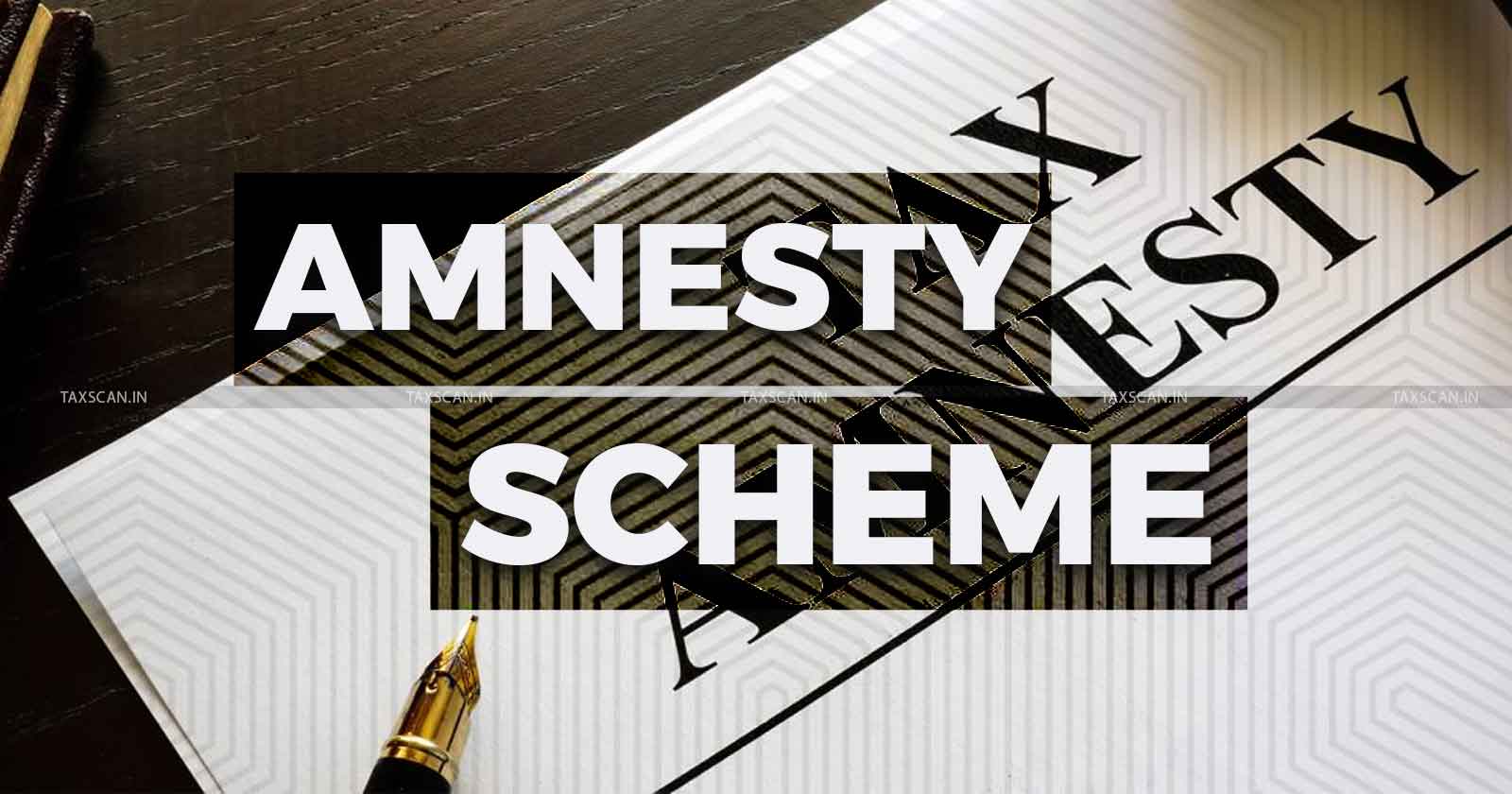Punjab Cabinet Sub-Committee agrees on Framework of One-Time Amnesty for Tax Defaulters of Pre-GST Regime

A Punjab Cabinet sub-committee has agreed on the framework for the amnesty scheme for one time settlement of tax defaults made in Punjab in the Pre-Goods and Services Tax (GST) regime.
The government is preparing to implement a one-time settlement (OTS) policy targeting more than 44,000 individuals and businesses who have defaulted on various state taxes, including Value Added Tax (VAT) and Central Sales Tax. Under this policy, the government aims to resolve outstanding dues and recover taxes from defaulters.
Of the total defaulters, approximately 27,000 owe a relatively small amount, and the government intends to waive their dues. The focus will be on those with substantial tax liabilities, with efforts concentrated on recovering taxes from them.
The majority of defaulters have not paid taxes under the Punjab VAT Act of 2005, accounting for 21,734 defaulters with outstanding amounts totaling Rs 11,810.34 crore, including tax, interest, and penalties. The next significant group comprises defaulters under the Central Sales Tax Act, with 19,026 individuals or businesses owing Rs 2,573.86 crore.
Other defaulters fall under the Punjab Infrastructure (Development and Regulation) Act, Punjab General Sales Tax Act, PVAT Act, and Punjab Entertainment Tax Act, collectively amounting to approximately 44,000 defaulters and Rs 15,000 crore in unpaid taxes.
These cases have remained unresolved since the introduction of the Goods and Services Tax regime in 2017, as most of these taxes were subsumed into GST. Notably, government procurement agencies account for around Rs 5,000 crore of the outstanding taxes owed.
A Cabinet sub-committee, led by Finance Minister Harpal Cheema and comprising Education Minister Harjot Bains and Sports Minister Gurmeet Singh Meet Hayer, has been formed to draft the OTS policy.
The committee has agreed on the broad framework of the policy, aiming to recover higher-value amounts while simultaneously waiving minor dues from a larger portion of defaulters to streamline the tax system. The final draft is being prepared and is expected to be presented to the Cabinet for approval in the near future.
Support our journalism by subscribing to Taxscan premium. Follow us on Telegram for quick updates


